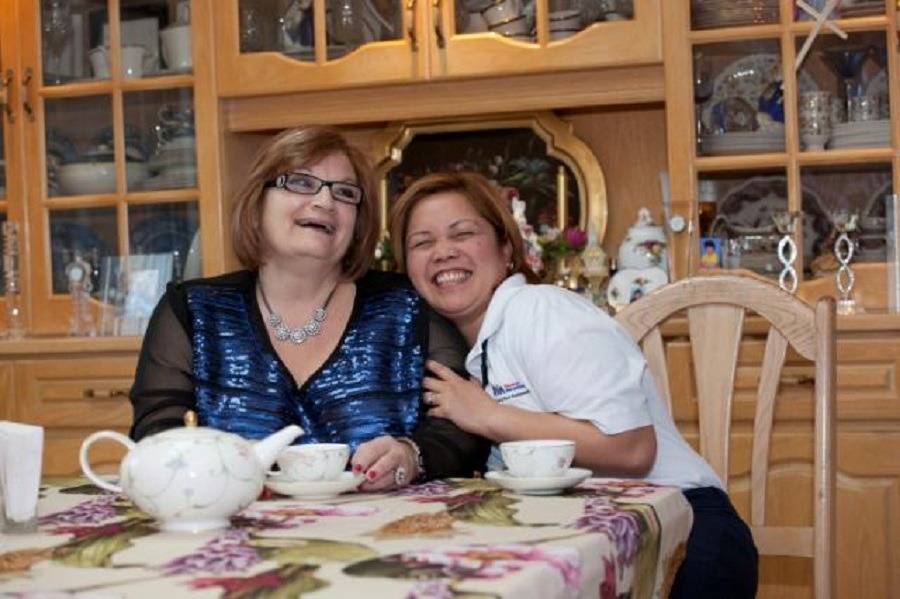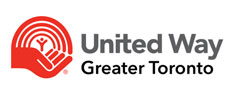Help in the Home for Caregivers


It’s difficult to be a caregiver and manage all the housework. You may need help with things like bathing the person you are caring for. Here are some tools that will assist you to find the help you need, and where it is available.
What Help Do You Need?
You may need help with:
- Home cleaning: dusting, vacuuming, cleaning the bathroom
- Laundry
- Ironing
- Shopping
- Banking
- Preparing meals
- Bathing
- Dressing
- Hair care
- Mouth care
- Toileting
- Medication supervision
- Hand and foot care
- Skin care
- Transferring a loved one from a bed or chair
- General care so you can have a break
- Doing activities with your loved one.
- Heavy housework: moving furniture, cleaning walls, drapes
- Yard work: grass cutting, snow clearing, cleaning out the garage
Kinds of Help You Can Get
Home helpers are trained to give help in the home. They have different job names depending on the work they are trained to do. Some typical support services include:
- Homemaking: light housework and help with daily household needs, like vacuuming, dusting, laundry, shopping and cooking.
- Personal Support Services: help with personal care, like bathing, dressing, toileting, feeding and reminding to take medication.
- Caregiver Support/Respite Care: looking after someone so the caregiver can have a break. They can help with both homemaking and personal support services: like serving a meal or doing activities with the person needing care.
- House Cleaning: cleaning services include: moving furniture, washing windows and drapes.
- Outdoor Maintenance: like grass cutting, snow clearance and cleaning out a garage.
The Cost of Help in the Home
Costs will depend on services needed and whether you qualify for government or other program support or subsidies. Agencies may be not-for-profit or for-profit.
- In Ontario, some services may be provided through the Community Care Access Centre (CCAC).
- Private insurance may cover some services.
- Subsidies may be available for some services.
- There may be cost sharing. This means some help will be paid for and you will pay for extra hours.
- Some services will always be at cost.
- Some agencies link you with a worker and you pay the workers, like a student who clears your snow.
Things to Remember
- Agencies may send a supervisor to assess the help needed.
- Ask the supervisor who will visit, how long the worker will stay and what the worker will do.
- If you are not happy with the service, you should speak to the supervisor.
- Having the same worker each time is usually easier for you and the person you are caring for.
Where to Get Help in the Home
You can get information from:
- Community Care Access Centre (CCAC)
- VHA Home HealthCare
- Community Support Agencies
- Public Health Department
- Information Centre
- Yellow Pages
- Library
Quality compassionate care, where and when you need it.
VHA’s team of caring and skilled health-care professionals is available 24 hours a day, seven days a week to provide nursing, rehabilitation, personal and home support services*. Whether at home, in a long-term care facility,school or at the hospital, our goal is to help you or your loved one live as comfortably and independently as possible. Our client-centred focus also means that we’ll do our best to match a care professional with your specific health, care and cultural/language needs.
VHA’s range of specialized programs includes:
- Caregiver Relief/Respite
- Adult & Elder Care
- Child & Family Care
- VHA Rehab Solutions
- Extreme Cleaning
- Private Services
- Clutter and Hoarding
- Information & Referral
- End of Life/Palliative Care
- Mental Health Support
- Special Projects
Most of our services are provided free of charge through your local Community Care Access Centre (CCAC) in the Greater Toronto Area and in south western Ontario.



